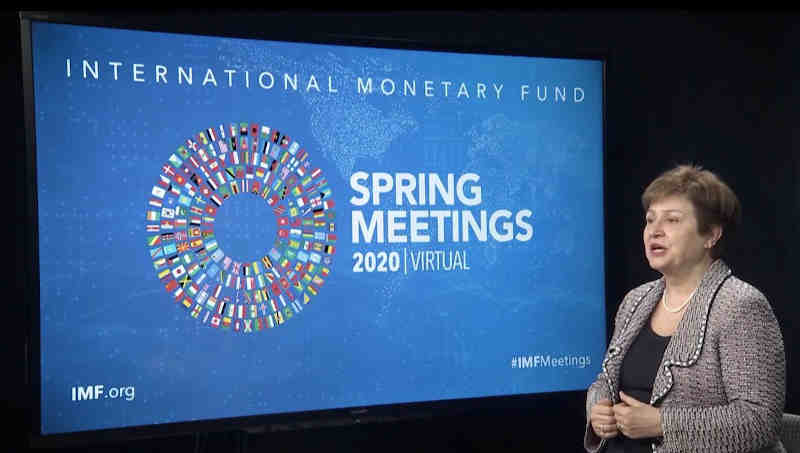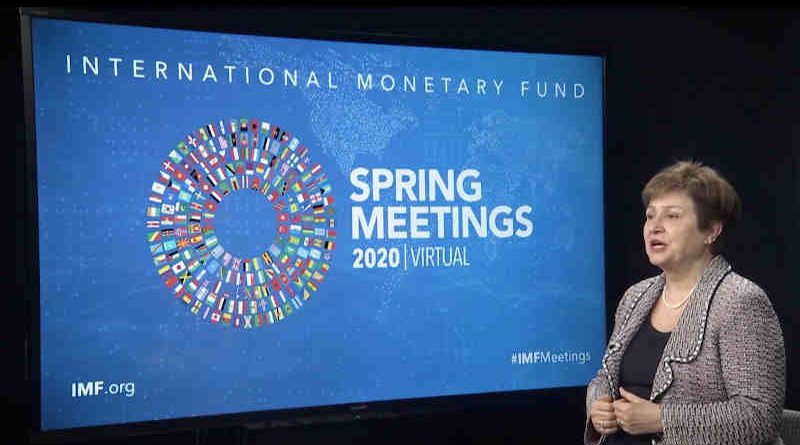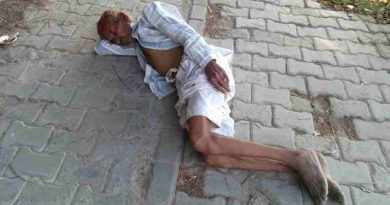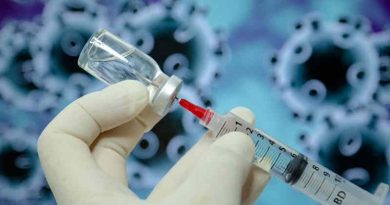How IMF Plans to Check Corruption in Covid Funds

In the wake of the Covid-19 pandemic, the International Monetary Fund (IMF) says it maintains its commitment to address governance and corruption vulnerabilities in member countries.
The IMF adds that it is working to balance the need for immediate Covid-19 financing against appropriate accountability and transparency to ensure that financial help reaches those in need.
In an interview with the anti-corruption organization Transparency International, Kristalina Georgieva, Managing Director of the IMF said that during the Covid crisis, the IMF has consistently emphasized the importance of improving governance and accountability.
“Our message to governments has been very clear: in this time of crisis, please spend whatever is needed. But spend wisely and keep your receipts. We don’t want accountability to be lost,” she said.
IMF emergency financing is provided in upfront, outright disbursements. So while there is much less scope for attaching traditional conditions, the IMF is working on special measures to promote transparency and accountability, and ensure its resources are used for their intended purpose.
#Corruption can divert much needed resources away from those who need them the most. This week @KGeorgieva spoke to @anticorruption to address the misuse of emergency #COVID19 funding. https://t.co/gf8LCHHT13 pic.twitter.com/ummamIR1xY
— IMF (@IMFNews) June 20, 2020
According to IMF, more than 100 countries have requested emergency financial assistance, and it has already provided over US$24.7 billion to more than 69 countries.
Transparency International has expressed concerns regarding insufficient anti-corruption or transparency measures in these emergency loans. It has urged the IMF to reduce the risks of these funds being lost to corruption, particularly where some countries are reducing access to public information and media freedom.






